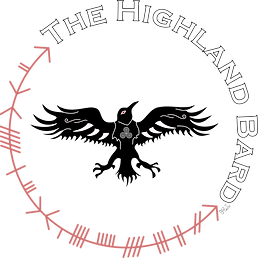James Connolly (5 June 1868 – 12 May 1916) was a Scottish-born Irish republican and socialist leader.
Connolly was born in the Cowgate area of Edinburgh, Scotland, to Irish parents. He left school for working life at the age of 11. He also took a role in Scottish and American politics. He was a member of the Industrial Workers of the World and founder of the Irish Socialist Republican Party. With James Larkin, he was centrally involved in the Dublin lock-out of 1913, as a result of which the two men formed the Irish Citizen Army (ICA) that year. He opposed British rule in Ireland and was one of the leaders of the Easter Rising of 1916. He was executed by firing squad following the Easter Rising.
During the Easter Rising, beginning on 24 April 1916, Connolly was Commandant of the Dublin Brigade. As the Dublin Brigade had the most substantial role in the rising, he was de facto commander-in-chief. Connolly's leadership in the Easter rising was considered formidable. Michael Collins said of Connolly that he "would have followed him through hell."
Following the surrender after the failed Rising, he said to other prisoners: "Don't worry. Those of us that signed the proclamation will be shot. But the rest of you will be set free."
Connolly was sentenced to death by firing squad for his part in the rising. On 12 May 1916 he was taken by military ambulance to Royal Hospital Kilmainham, across the road from Kilmainham Gaol, and from there taken to the gaol, where he was to be executed.
Connolly had been so badly injured from the fighting (a doctor had already said he had no more than a day or two to live, but the execution order was still given) that he was unable to stand before the firing squad; he was carried to a prison courtyard on a stretcher. His absolution and last rites were administered by a Capuchin, Father Aloysius Travers. Asked to pray for the soldiers about to shoot him, he said: "I will say a prayer for all men who do their duty according to their lights." Instead of being marched to the same spot where the others had been executed, at the far end of the execution yard, he was tied to a chair and then shot.
His body (along with those of the other leaders) was put in a mass grave without a coffin. The executions of the rebel leaders deeply angered the majority of the Irish population, most of whom had shown no support during the rebellion. It was Connolly's execution that caused the most controversy. Historians have pointed to the manner of execution of Connolly and similar rebels, along with their actions, as being factors that caused public awareness of their desires and goals and gathered support for the movements that they had died fighting for.
Source: Wikipedia

